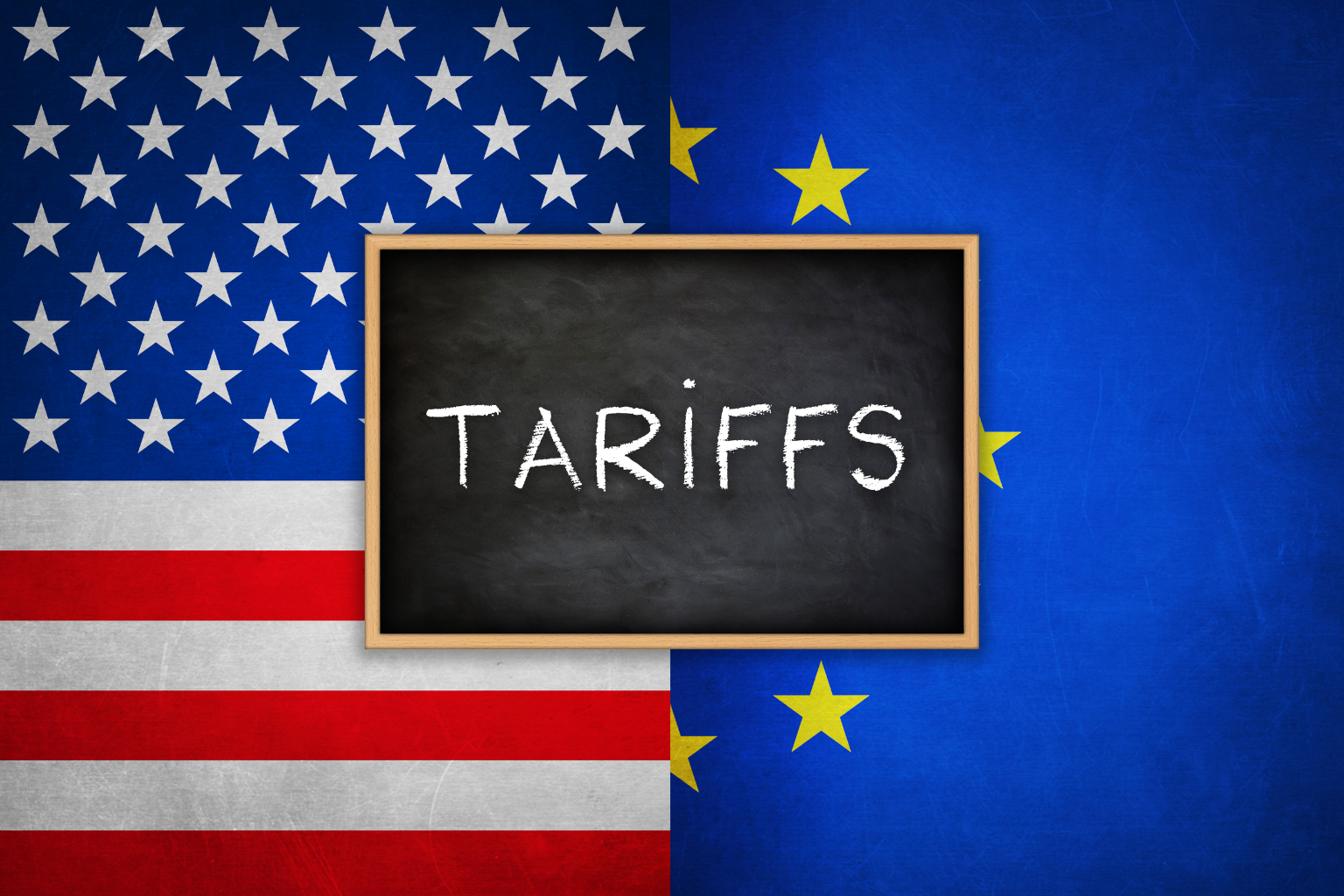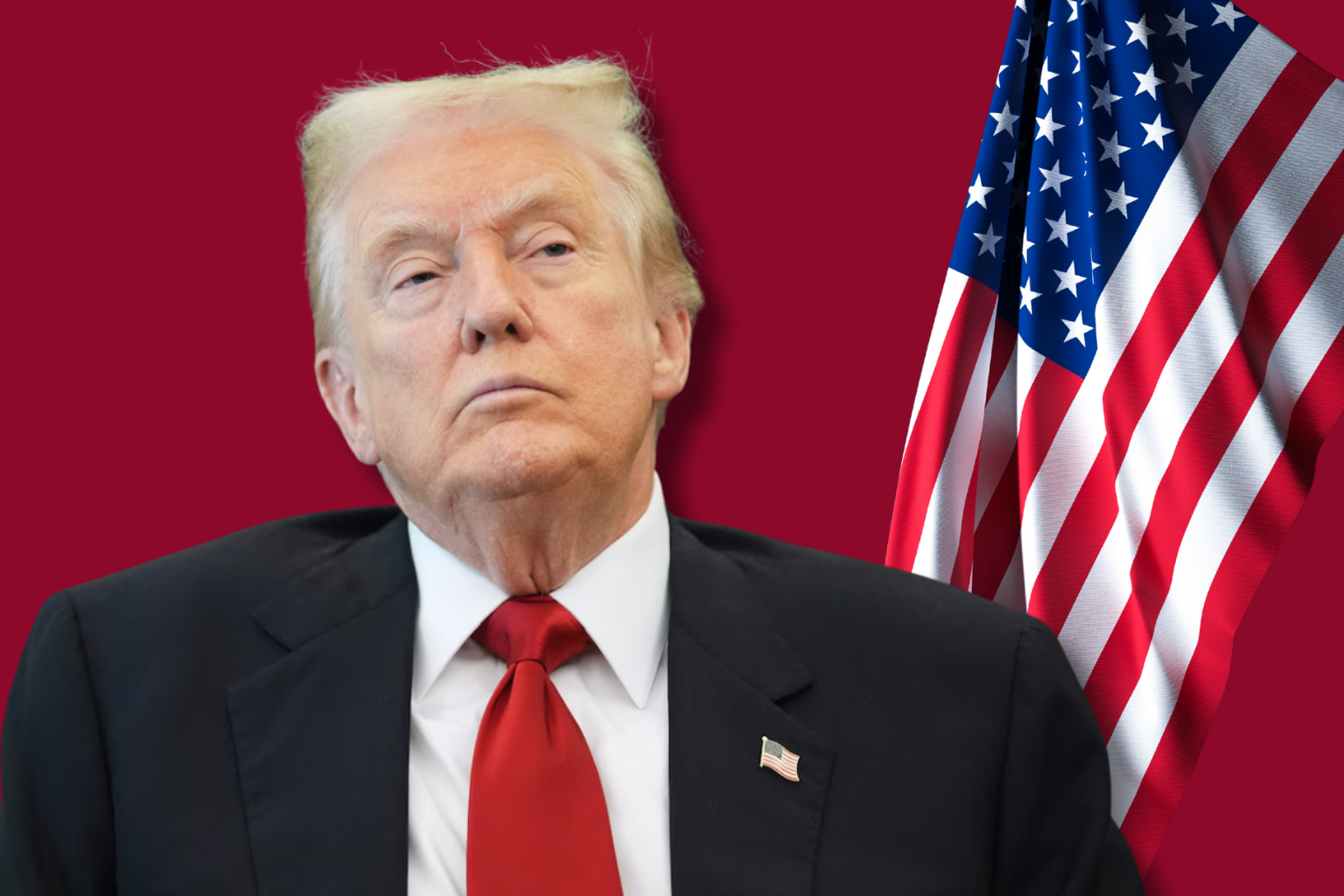America Collects Record $113 Billion from Tariffs — But At What Cost to Consumers?

Washington D.C. – The United States has reached a new milestone in tariff collection and bringing in a record-breaking $113 billion in the last fiscal year through trade tariffs. This revenue boom is largely linked to policies introduced during former President Donald Trump’s administration, and many are now questioning what this means for everyday Americans.
According to a recent report by Fox Business, this is the highest amount of money the U.S. government has ever collected through tariffs. These taxes were mainly placed on goods imported from other countries—especially China and Canada, who were among the few to push back strongly against these trade rules.
What Are Tariffs, and Why Were They Imposed?
Tariffs are like a tax placed on goods coming into a country. President Trump put high tariffs on several products from countries like China, Canada, and Mexico. The main reason? Trump believed these countries were not trading fairly or American industries needed protection.
This idea is to encourage people to buy more American products and reduce dependency on foreign goods.
Who Really Pays for These Tariffs?
While the government may have collected a huge amount of money, experts say it’s the consumers who are paying the real price.
Here’s how:
- When a foreign company faces a tariff, it increases the price of the product.
- American importers and stores then raise the prices for customers.
- In the end, everyday buyers like you and me pay more for electronics, food, clothes, and household items.
A report from the Financial Times also pointed out that while most countries stayed silent on the new U.S. tariffs, China and Canada did respond with counter-tariffs, affecting American exports as well.
What Does This Mean for the Future?
Economists believe that while $113 billion is a big achievement in numbers, it’s not necessarily good news for the average American. Inflation and price hikes are already a concern, and adding tariffs into the mix only makes it harder for people to afford basic goods.
Some experts are even warning that this short-term income could have long-term negative effects on the economy if trade tensions continue.




